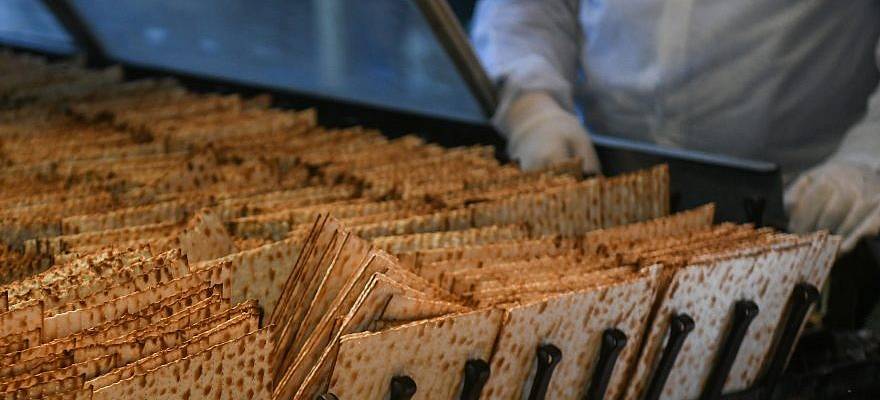As part of Aleh’s broader approach to therapy, the matzah-making activity enhances fine motor skills, hand-eye coordination, and sensory processing.
By Pesach Benson, TPS
At the Aleh Center in Bnei Brak, an extraordinary Passover festival is unfolding, offering children with severe disabilities an experience that goes beyond holiday preparations.
For many of these children, some in wheelchairs, this celebration is not just about tradition — it is a vital part of their therapeutic journey.
The highlight of the festival is the matzah-making project, an activity that is both meaningful and beneficial for the children.
In the days leading up to Passover, they engage in rolling dough, feeling its texture, and watching as it bakes into matzah.
This hands-on process fosters independence, builds essential skills, and deepens their connection to Jewish heritage.
Passover commemorates the Jewish exodus from Egyptian slavery. Matzah, or unleavened bread, is eaten during the holiday because the Bible notes that redemption came so quickly that the bread baked by the Jewish people for their journey did not have time to rise.
“This isn’t just a fun activity — it’s part of their therapy,” explained one of Aleh’s occupational therapists.
“Each step — the squeezing, the rolling, the watching of the matzah as it bakes — is part of their development. They’re learning, improving, and connecting to something much bigger than just the matzah itself.”
The therapeutic benefits of this initiative are profound. As part of Aleh’s broader approach to therapy, the matzah-making activity enhances fine motor skills, hand-eye coordination, and sensory processing.
These skills are crucial for the children’s overall development, helping them gain confidence and dexterity while engaging in an experience that connects them to the traditions of Passover.
For many of the children, the experience is as exciting as it is enriching.
The sensory engagement — the feeling of the dough, the warmth of the oven, and the aroma of freshly baked matzah –adds an extra layer of enjoyment and accomplishment. T
hese moments of joy are invaluable for their emotional and physical well-being.
“The matzah project is about more than just the holiday,” says Rabbi Yehuda Mamorshtein, president and founder of Aleh.
“It’s a meaningful way for our children to engage in activities that strengthen their Jewish identity. The joy they feel is a vital part of their emotional and physical well-being.”
Aleh, based in Bnei Brak, provides cutting-edge therapies, specialized education, advocacy, and a nurturing environment for children and young adults with complex disabilities.
The organization is dedicated to empowering individuals with severe disabilities, helping them reach their full potential and lead meaningful lives.
“I was able to focus on the holiday preparations while knowing my son was in safe hands,” says Miriam, a mother whose son attends Aleh. “This experience has been invaluable for us.”
The week-long holiday begins at sundown on April 12.
